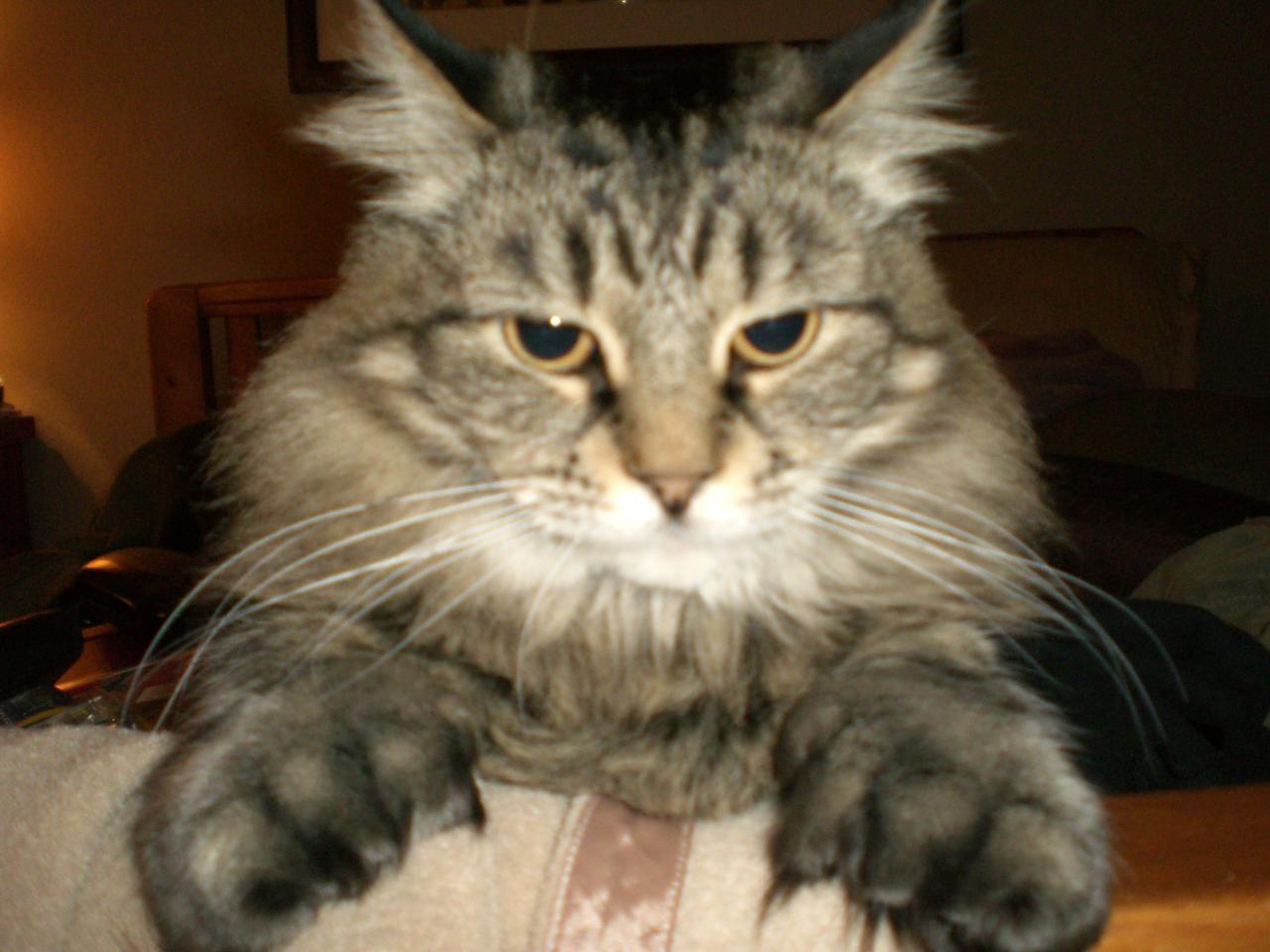Maine Coon polydactyl kittens, with their distinctive extra toes, embody a charming and unique feline allure. Their playful and affectionate nature, combined with their remarkable physical attributes, makes them exceptional companions for families seeking a loyal and engaging pet.
Beyond their captivating appearance, Maine Coon polydactyl kittens possess a rich history and genetic heritage that adds to their intrigue. Their extra toes, a result of a genetic mutation, provide them with enhanced mobility and agility, making them natural climbers and explorers.
Physical Characteristics of Maine Coon Polydactyl Kittens

Maine Coon polydactyl kittens are renowned for their captivating physical attributes. Their massive size, resembling that of a small lynx, commands attention, making them one of the largest domestic cat breeds. Adorned with captivating tufted ears and a mesmerizing bushy tail that gracefully flows behind them, these kittens exude an aura of regal elegance.
Polydactyl Trait
The defining characteristic of Maine Coon polydactyl kittens lies in their unique polydactyl trait. Unlike their feline counterparts, these kittens possess an extraordinary number of toes, often exceeding the typical five per paw. This remarkable genetic anomaly, known as polydactyly, grants them exceptional agility and balance.
Their extra toes, adorned with adorable toe beans, provide enhanced traction, enabling them to navigate various terrains with ease.The genetic basis of polydactyly in Maine Coon cats stems from a dominant gene. This means that even if only one parent carries the gene, the kitten has a high probability of inheriting the polydactyl trait.
The prevalence of polydactyly in Maine Coon cats is attributed to the breed’s historical roots, where it was considered an advantageous adaptation for traversing snow-covered landscapes and hunting in rugged terrains.
Personality and Temperament of Maine Coon Polydactyl Kittens
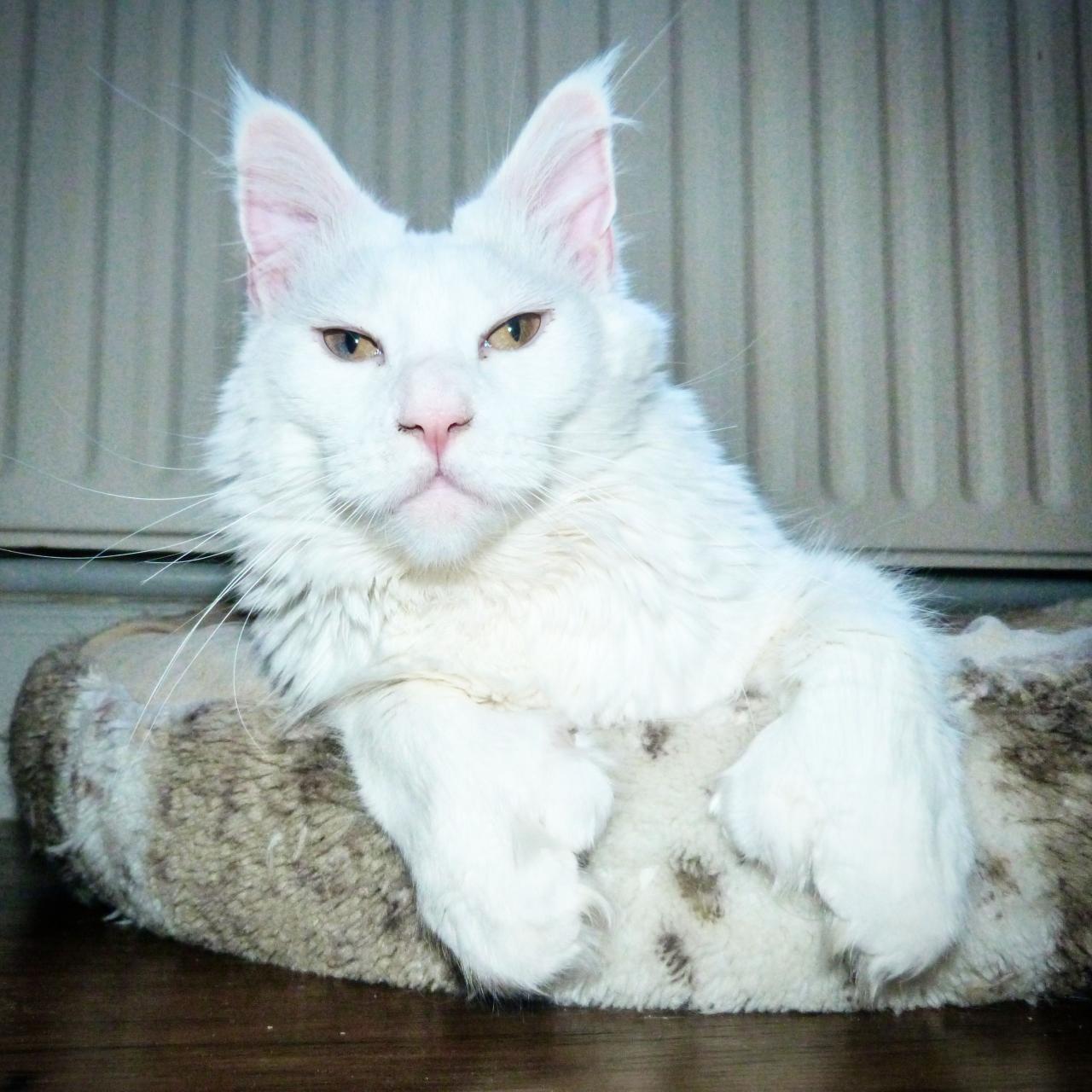
Maine Coon polydactyl kittens are renowned for their exceptional personalities and endearing temperaments. These gentle giants possess a deep-rooted affection for human companionship, eagerly seeking out cuddles and playtime with their beloved owners.
Their unique polydactyly, characterized by an increased number of toes, contributes to their playful and agile nature. These extra toes provide enhanced grip and dexterity, allowing them to climb with ease and engage in lively antics with remarkable coordination.
Ideal Companions for Families with Children
Maine Coon polydactyl kittens are particularly well-suited for families with children due to their innate gentleness and patience. Their playful and interactive personalities make them delightful companions for young ones, while their calm and affectionate demeanor ensures they are never too rough or overwhelming.
Health and Care of Maine Coon Polydactyl Kittens
Maine Coon Polydactyl kittens, with their distinctive extra toes, require special care and attention to maintain their health and well-being. Understanding the potential health concerns associated with polydactyly is crucial for responsible ownership.
Joint Issues
Polydactyly can lead to joint issues in some kittens due to the extra toes putting strain on the joints and ligaments. Regular veterinary checkups and early detection are essential to address any potential problems. Signs of joint issues include limping, stiffness, and difficulty jumping or running.
Nail Overgrowth, Maine coon polydactyl kittens
The extra toes of Maine Coon Polydactyl kittens can also lead to nail overgrowth. Overgrown nails can cause discomfort, pain, and even infections. Regular nail trimming is crucial to prevent these issues. Owners should gently trim their kitten’s nails every 1-2 weeks, using sharp nail clippers.
Importance of Veterinary Checkups and Preventive Care
Regular veterinary checkups are essential for Maine Coon Polydactyl kittens. These checkups allow veterinarians to monitor their overall health, check for any signs of joint issues or nail overgrowth, and provide appropriate treatment or preventive care. Early detection and intervention can help prevent more severe problems.
Grooming and Nail Care Tips
Maintaining the health of Maine Coon Polydactyl kittens requires regular grooming and nail care. Brushing their fur several times a week helps remove dead hair and prevent mats. Bathing them occasionally with a gentle shampoo and conditioner keeps their coat clean and healthy.
Additionally, brushing their teeth regularly helps maintain their dental hygiene.
Breeding and Genetics of Maine Coon Polydactyl Kittens
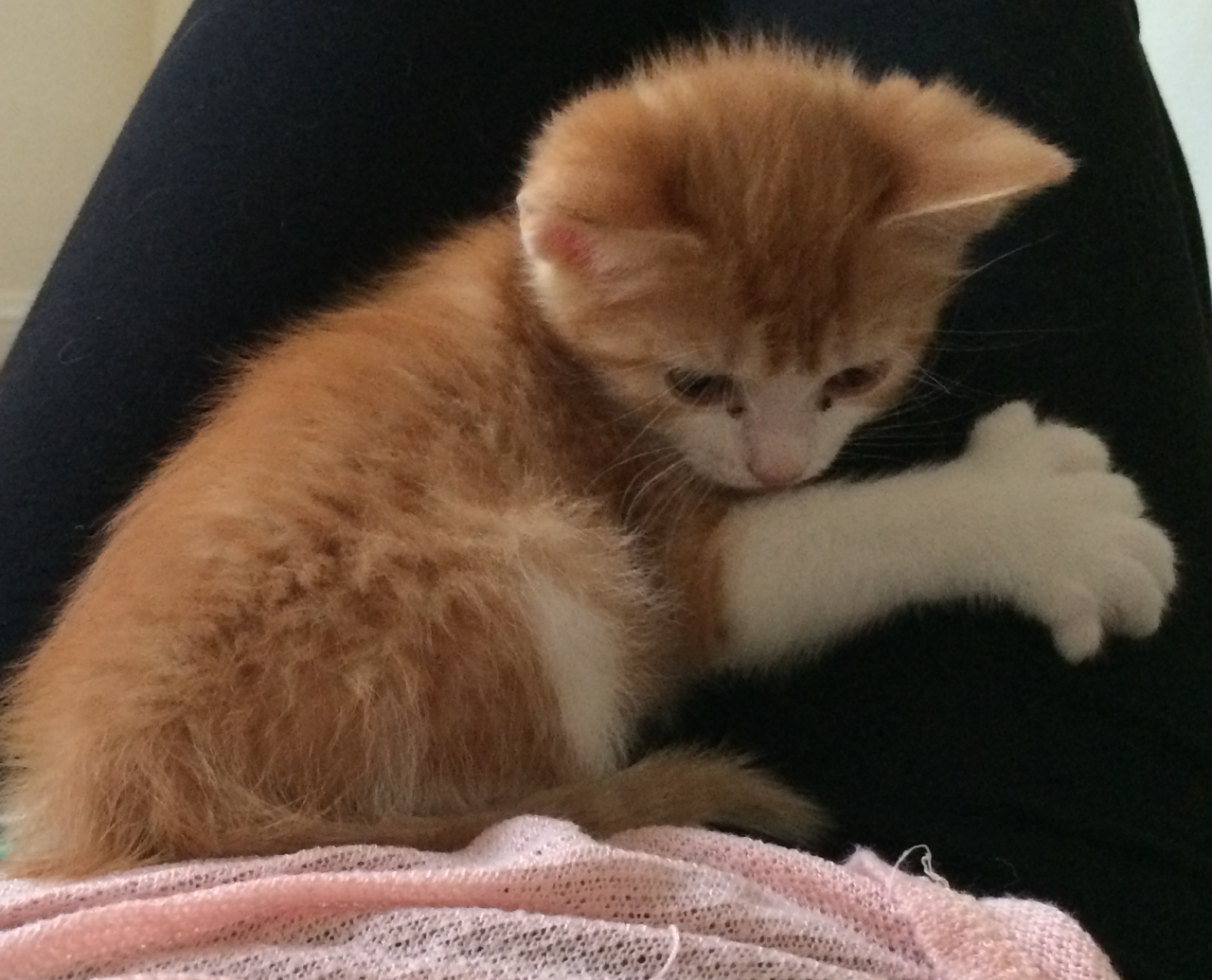
The inheritance of polydactyly in Maine Coon cats is a fascinating and complex genetic trait. Understanding the genetic basis of this unique characteristic is crucial for responsible breeding practices.
Polydactyly, the presence of extra toes, is caused by a dominant gene mutation. This means that if a kitten inherits the polydactyl gene from either parent, it will express the trait.
Ethical Considerations and Challenges
Breeding Maine Coon polydactyl cats requires careful consideration of ethical implications and potential health challenges. While polydactyly is generally not a health concern, some cats may experience discomfort or mobility issues due to excessive toes.
Responsible breeders prioritize the health and well-being of their kittens. They conduct genetic testing to identify carriers of the polydactyl gene and make informed breeding decisions to minimize the risk of health problems.
Reputable Breeders
Finding reputable breeders who prioritize the health and well-being of Maine Coon polydactyl kittens is essential. These breeders typically:
- Conduct genetic testing for polydactyly and other inherited conditions.
- Provide health guarantees and veterinary records for their kittens.
- Follow ethical breeding practices and prioritize the well-being of their cats.
History and Origin of Maine Coon Polydactyl Kittens
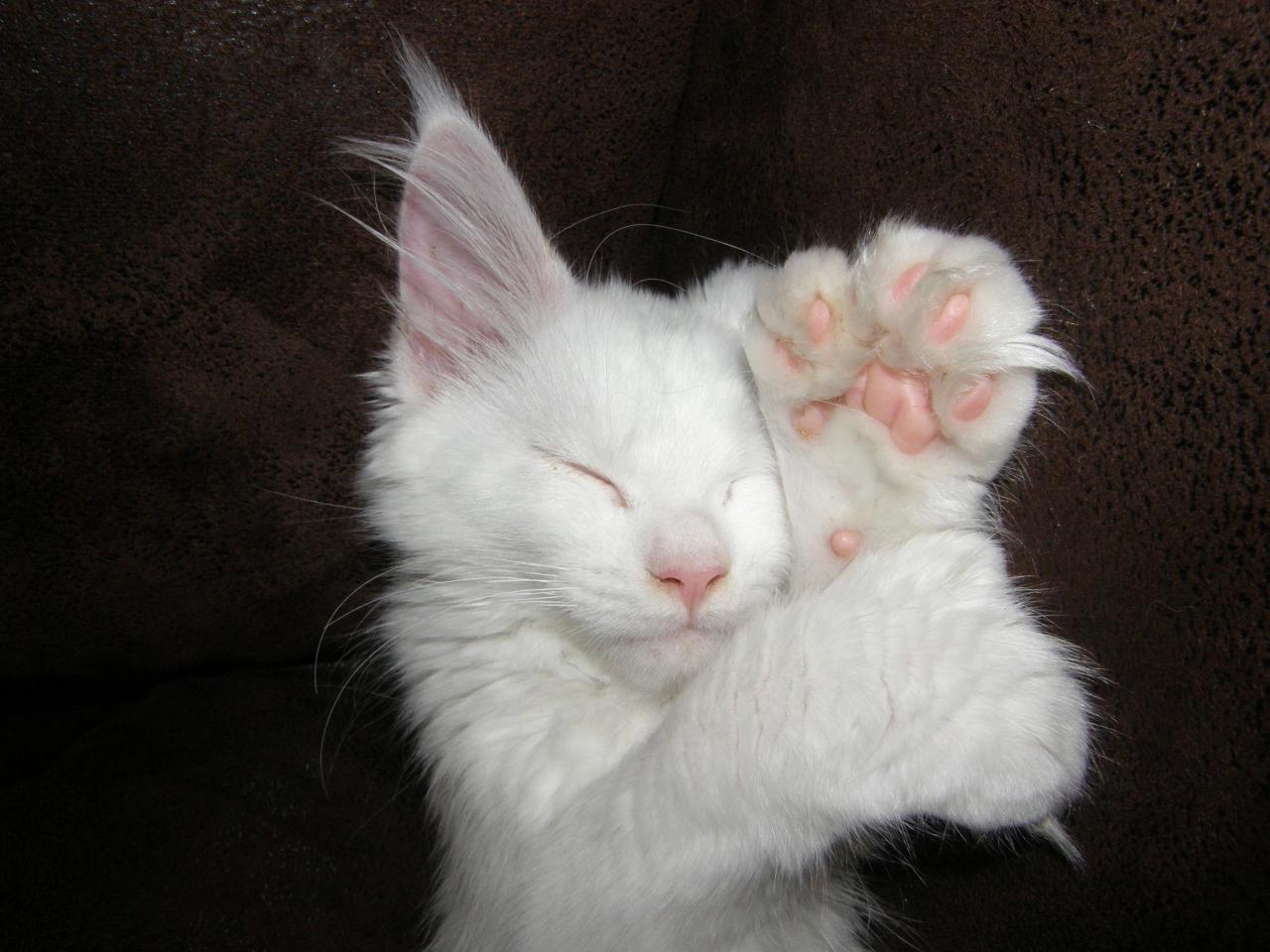
The Maine Coon cat, with its majestic appearance and gentle nature, has a captivating history that intertwines with the rugged landscapes of the American Northeast. Its distinctive polydactyly, the presence of extra toes, adds an intriguing touch to this beloved breed’s allure.
The origins of the Maine Coon remain shrouded in mystery, but one theory suggests that it descended from long-haired cats brought to America by seafaring Vikings. These feline companions, with their exceptional hunting abilities and adaptability to harsh conditions, may have found a new home along the rocky shores of Maine.
Maritime Influence
The theory of Viking origins is supported by the presence of polydactyly in the breed. This genetic trait, characterized by an increased number of toes, is commonly found in cats with maritime ancestry. Sailors often preferred polydactyl cats aboard their ships, as their extra toes provided increased stability on slippery decks and enhanced their ability to catch rodents.
As Maine Coons accompanied sailors on their voyages, they likely interbred with local feline populations, passing on their unique genetic trait. Over time, polydactyly became a defining characteristic of the Maine Coon breed, distinguishing it from other long-haired cats.
Folklore and Popular Culture
The Maine Coon polydactyl has captured the hearts and imaginations of people throughout history. In folklore, these cats were often associated with good luck and prosperity. Sailors believed that having a polydactyl cat aboard their ship brought safe passage and bountiful catches.
In modern times, the Maine Coon polydactyl has become a beloved pet and show cat. Its unique appearance and gentle demeanor have made it a popular choice for families and cat enthusiasts alike.
Summary: Maine Coon Polydactyl Kittens
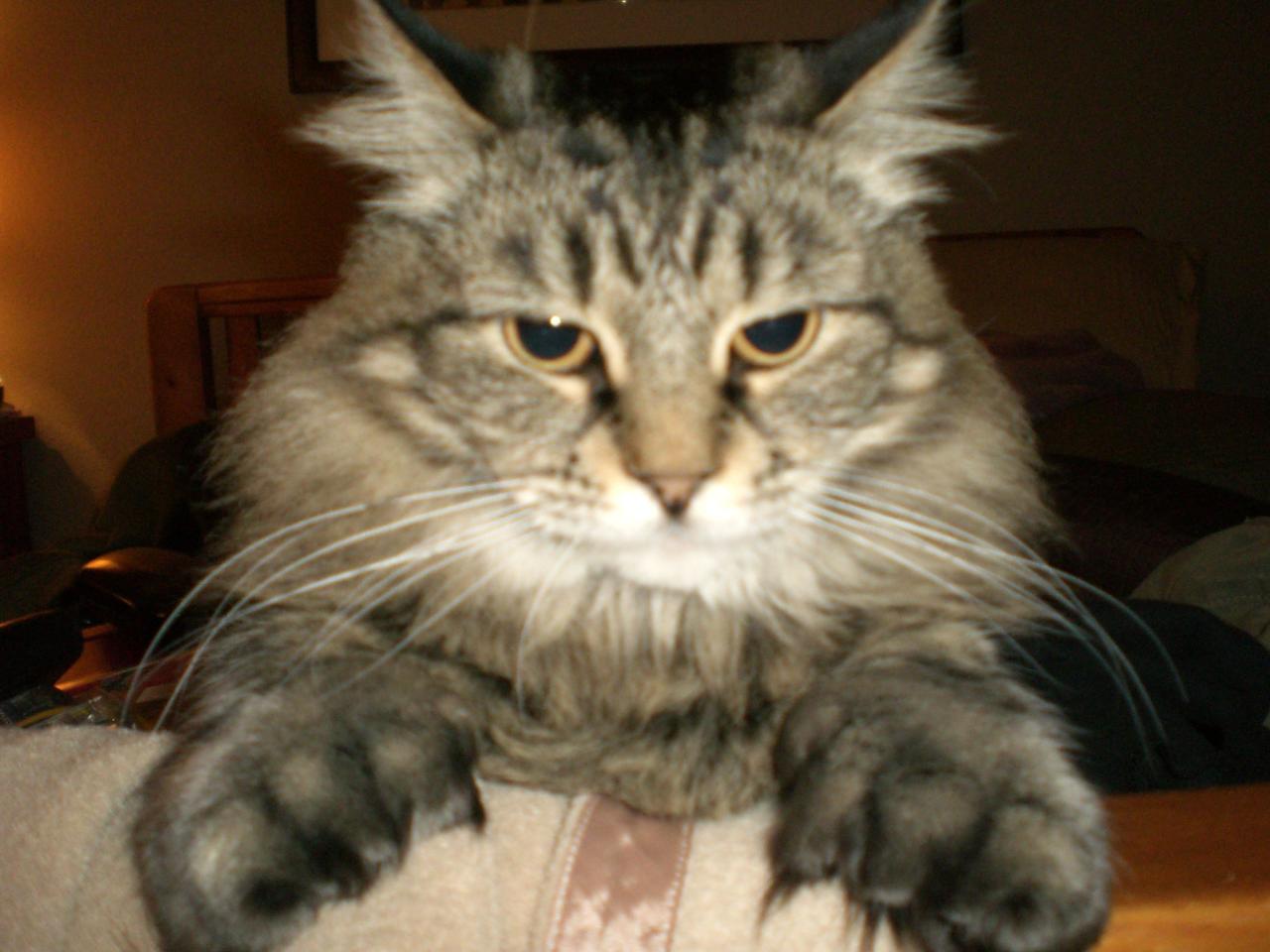
Whether you’re a seasoned cat enthusiast or a first-time pet owner, Maine Coon polydactyl kittens offer an unparalleled blend of companionship, curiosity, and visual appeal. Their distinctive features, playful personalities, and unwavering loyalty make them cherished members of any household, bringing joy and laughter to all who encounter them.

